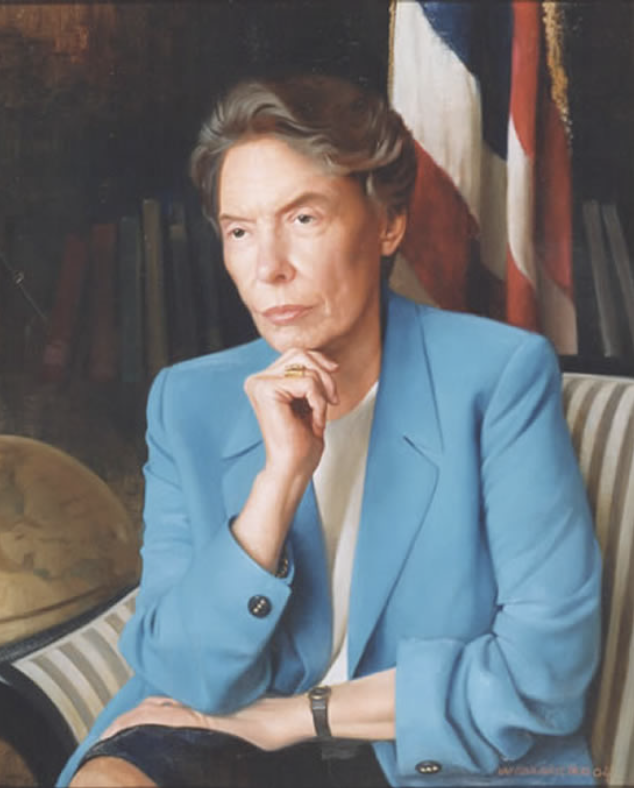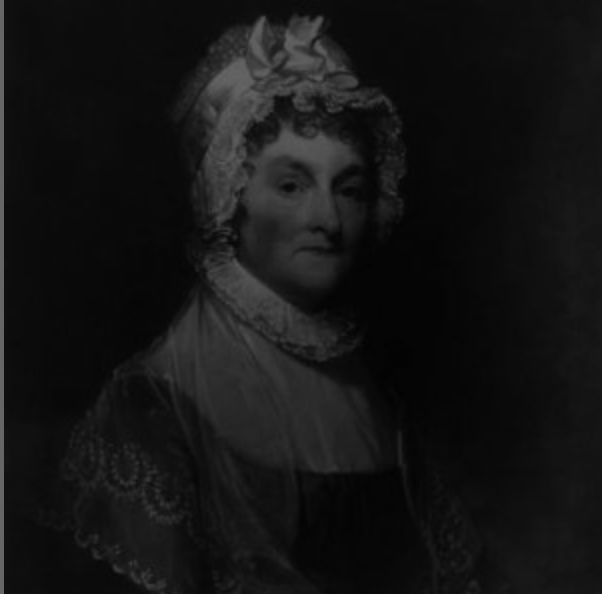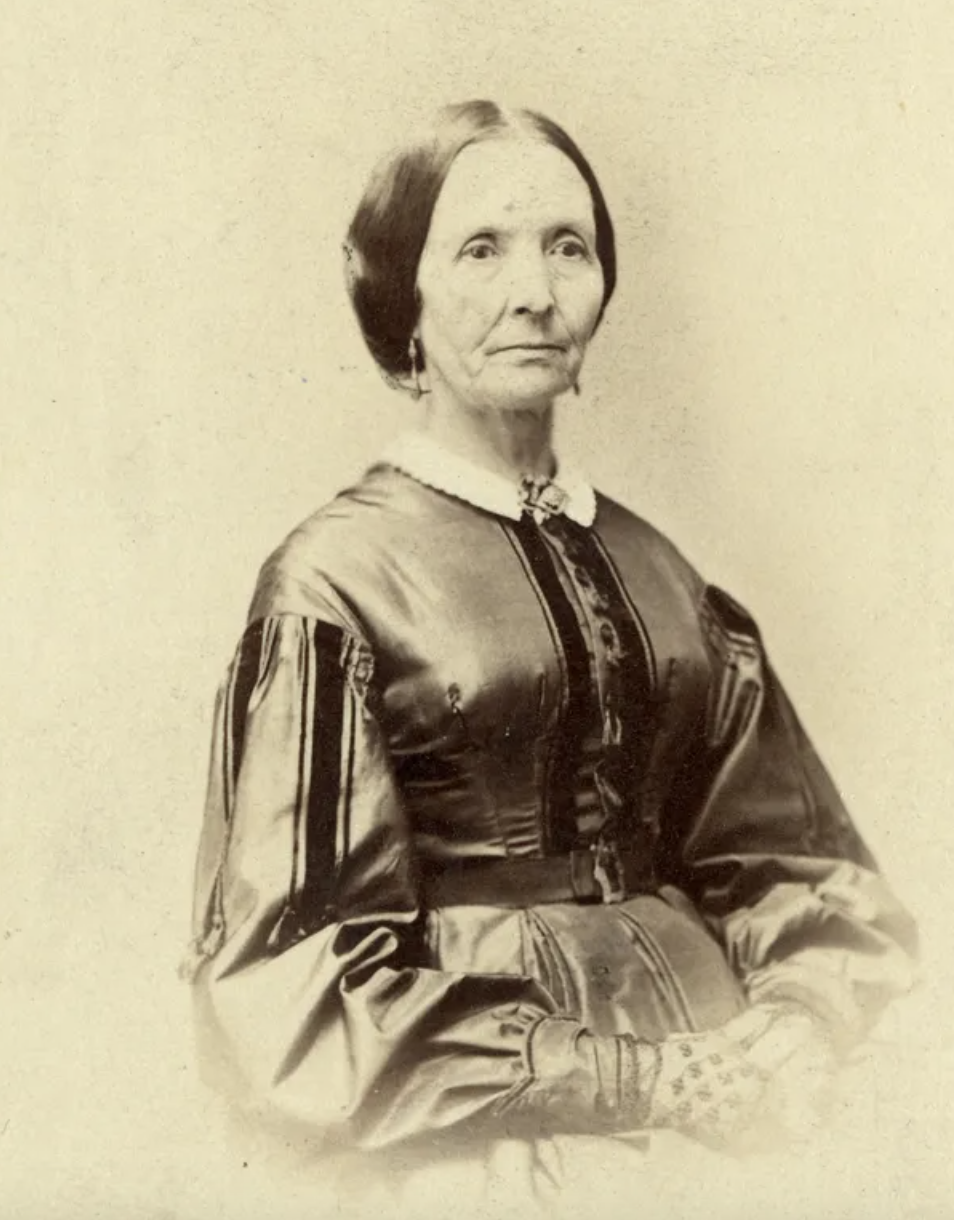March is Women’s History Month, and March 8 is International Women’s Day. Here are five influential women in American history.

Jeane Kirkpatrick was the first woman to serve as the U.S. United Nations Ambassador.
A foreign policy advisor to Ronald Reagan, Kirkpatrick served as UN Ambassador during the height of the Cold War, just before the Soviet Union fell.
After serving in the UN, Kirkpatrick became a professor at Georgetown University and continued to have an influence on U.S. foreign policy as the chief foreign policy advisor to Senate Republicans.

Abigail Adams, wife of second U.S. president John Adams, fought for women’s education and involvement in politics.
John Adams wrote extensively about his wife’s involvement in forming policy. After being elected president he wrote, “I never wanted your Advice and assistance more in my Life.”
Abigail Adams argued that because women were the primary influences in their sons’ lives, women needed the best education in order to raise good leaders.
Adams continued to advise Thomas Jefferson and James Madison after the passing of her husband.

Known as “Zion’s Poetess,” Eliza R. Snow was the second president of the Relief Society, which is now the largest sorority in the world.
Snow helped early Mormon pioneers cross the Midwest and eventually settle in Utah.
As an original member of the Relief Society, Snow gave sermons all over the U.S. about Christianity, marriage and the eternal destiny of women.
After her death in 1887, the New York Times called her “one of the central figures of the Mormon galaxy.”
Lady Deborah Moody championed religious freedom in 17th century America.
Moody founded a church and settled in what is now Brooklyn, New York, becoming the first woman to hold a land patent.
Because of the large portions of land she owned, Moody also held voting rights and was the first woman to vote in the New World.
During the height of the Salem Witch Trials, Mary Bliss Parsons was one of the few women to be persecuted as a witch, and also be acquitted by a jury.
Accused of witchcraft because of the death of her newborn baby, Parsons fought against the accusations by counter-suing on the basis of slander.
Parsons won her trial as many people in the community came to her defense. She remains one of the few women who successfully won a witch trial in the U.S.




